Dihydrotestosterone (DHT) is a hormone closely related to testosterone. It plays a role in the development of facial, pubic, and body hair during puberty.
However, elevated DHT levels can be a factor in hair thinning and loss.
Your body naturally converts roughly 10% of testosterone into DHT via an enzyme called 5-alpha reductase.
Some research indicates that certain foods and nutrients might inhibit this enzyme, potentially reducing DHT production and lowering the risk of hair loss.
Below are six foods that may help fight hair thinning by interfering with DHT formation.

1. Green tea
Green tea, made from the leaves of Camellia sinensis, is one of the world’s most consumed beverages.
During processing, green tea leaves are steamed, which preserves more of their natural compounds. This includes a major plant compound in green tea, epigallocatechin gallate (EGCG).
A review found that EGCG possesses anti-inflammatory and antioxidant qualities that could assist in preventing hair loss by:
- safeguarding hair follicles
- encouraging hair growth
- supporting immune function
- reducing apoptosis, or hair cell death
Despite these encouraging observations, the authors note that studies on EGCG’s effects on hair are limited.
Therefore, consult a healthcare provider before starting green tea supplements for hair concerns.
2. Coconut oil
Coconut oil is extracted from the kernel or flesh of coconuts.
It’s widely used in cooking as well as in beauty, skincare, haircare, and general wellness.
Coconut oil is rich in medium-chain triglycerides (MCTs), especially lauric acid, which has shown potential to reduce DHT production in cell and animal experiments when taken orally.
While these preclinical studies help identify possible effects and safety, their results cannot be directly applied to humans.
Human clinical trials are necessary before recommending coconut oil as a treatment or preventative measure for hair loss.
Learn more about coconut oil for hair growth.
3. Onions (and other quercetin-rich foods)
White onions lend a sweet-but-sharp flavor to many recipes.
They’re low in calories and high in antioxidants. One antioxidant, quercetin, has been shown to reduce DHT formation from testosterone by inhibiting the alpha-5 reductase enzyme and lowering oxidative stress.
Research has also indicated that a microneedle-delivered combination containing copper, zinc, and quercetin may:
- inhibit DHT
- encourage hair regeneration
- reduce inflammation
Although these findings are promising, no studies have directly examined how eating onions or taking quercetin supplements affects human DHT levels.
Other fruits and vegetables high in quercetin include:
- asparagus
- spinach
- kale
- apples
- berries
Learn more about using onion juice to help prevent hair loss.
4. Turmeric
Turmeric is a spice commonly used in cooking and as a powdered extract for its health-promoting properties, which may include:
- easing arthritis discomfort
- improving cholesterol profiles
- enhancing recovery after exercise
These benefits are attributed to turmeric’s concentration of curcuminoids, with curcumin being the most researched.
Preclinical research has indicated that curcumin can lower DHT levels by blocking the alpha-5 reductase enzyme.
However, additional human studies are required to validate curcumin products as treatments for hair loss.
5. Pumpkin seeds
Pumpkin is a type of winter squash and a familiar symbol of autumn events like Halloween.
Each pumpkin contains numerous nutrient-dense seeds that are good sources of iron, zinc, and magnesium.
A trial found that applying pumpkin seed oil for three months helped reduce female pattern hair loss and promoted hair growth.
Similarly, another study observed that pumpkin seed oil supported hair growth.
Despite these encouraging results, more human trials are needed before recommending pumpkin seed oil as a hair loss remedy.
For more on pumpkin seed oil and hair benefits, see pumpkin seed oil.
6. Edamame
Edamame are young soybeans often served as a snack or starter.
They contain isoflavones, plant compounds that may lower DHT by inhibiting 5-alpha reductase.
In a 2007 study, 58 men were randomized to receive either soy protein high in isoflavones, soy protein with most isoflavones removed, or milk protein as diet supplements.
After three and six months, the soy protein groups — irrespective of isoflavone content — showed a greater reduction in DHT levels compared with milk protein. While the DHT decrease was not statistically significant at six months, it could still hold clinical or practical relevance.
Because benefits were seen even with soy protein that had most isoflavones removed, soy may contain other active constituents linked to these effects.
Although it’s commonly believed that soy intake reduces testosterone in men, research suggests this is not the case.
Nonetheless, more human studies are needed to determine how consuming edamame or other soy foods affects DHT and hair loss.
Other ways to treat hair loss
If you’re experiencing hair loss, consult a healthcare professional. They can review your medical history and identify potential causes to guide appropriate treatment.
Treatment options for hair loss may involve a combination of:
- vitamins and supplements, such as protein, zinc, iron, and vitamins C and A
- natural approaches, such as scalp massage, aloe vera, and fish oil
- laser therapy
- topical medications, like minoxidil (Rogaine), finasteride (Propecia), and corticosteroids
- injections, such as platelet-rich plasma therapy
- hair transplant surgery
Learn more about options for treating hair loss.
Frequently asked questions
Which foods block DHT?
Some foods and beverages that may help reduce DHT include pumpkin seeds, onions, green tea, and turmeric, among others.
Does blocking DHT regrow hair?
Certain research indicates that inhibiting DHT may support hair regrowth. However, more studies are necessary to fully clarify the relationship between DHT and hair loss.
Is egg a DHT blocker?
There’s limited evidence linking dietary egg intake to DHT levels. That said, egg yolks are rich in biotin, which may help with hair regrowth or slowing hair loss if a deficiency exists.
What reduces DHT the most?
Finasteride (Propecia) is a commonly prescribed medication known to block DHT and is frequently used to treat DHT-related hair loss.
Takeaway
DHT is a hormone that can contribute to hair thinning and loss.
Foods like green tea, onions, pumpkin seeds, and edamame contain compounds that may help lower DHT levels and protect against hair loss.
However, given the limited evidence, more human research is needed before specific foods or nutrients can be confidently recommended to prevent hair loss.


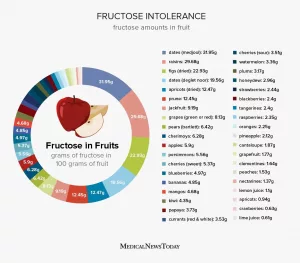
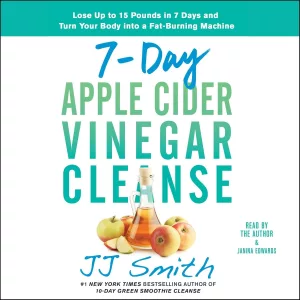
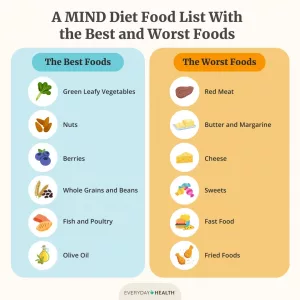


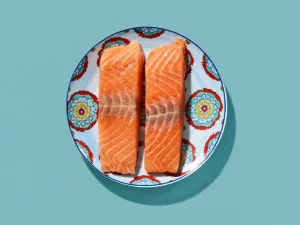
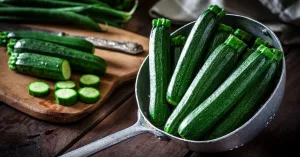
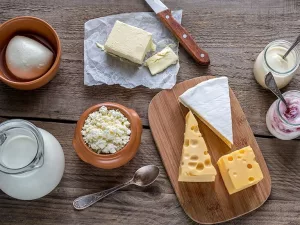





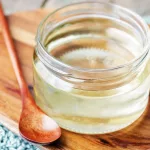
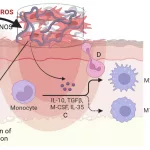
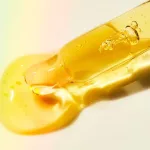







Leave a Reply
You must be logged in to post a comment.